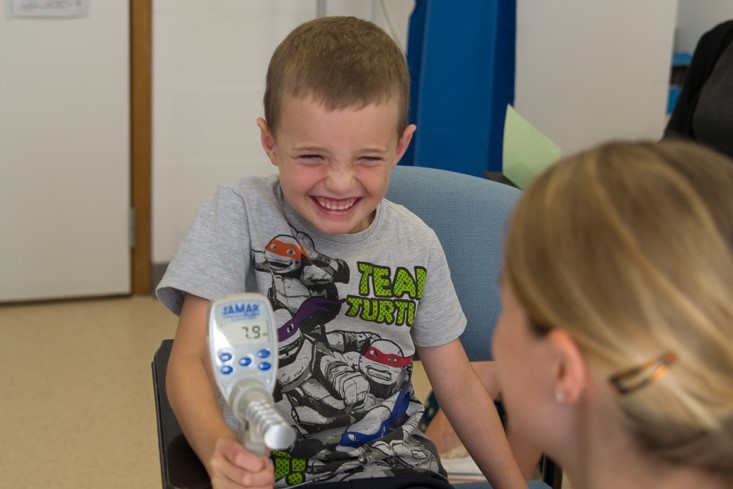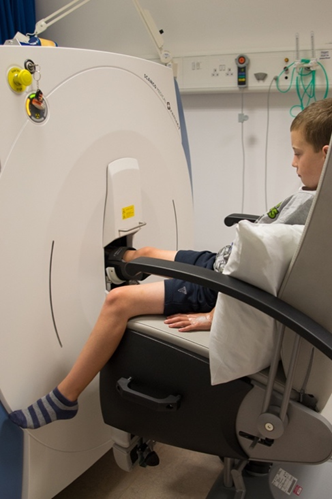Programme 1 – Musculoskeletal health in later life
Our ongoing research aims to (a) understand better the mechanisms which underlie the development of osteoporosis, sarcopenia and osteoarthritis; and (b) develop intervention studies aimed at modifying later disease risk. Musculoskeletal disorders are associated with enormous health and social care costs. Our research programme will permit the development of novel public health strategies to improve musculoskeletal health throughout the lifecourse and reduce osteoporotic fractures in future generations. The studies will optimise the use of cohort resources maintained at the centre, as well as incorporate research in other national and international resources such as UK Biobank and HealthABC. Mechanistic understanding will derive from biologic samples undergoing epigenetic, genomic, proteomic and metabolomic evaluation. These evaluations may allow the development of blood-based biomarkers to aid in enhanced stratification of risk for these disorders.
Programme 3 – Early development and risk of adult musculoskeletal disease
We are using observational and intervention studies, linked to laboratory mechanistic investigations, to address the developmental origins of osteoporotic fracture from molecule to population.
Our investigation of childhood growth and bone/muscle development in Southampton Women’s Survey (SWS) incorporates measures of pubertal transition (at 12 years and planned at 17 years), and novel outcomes including bone microarchitecture from high resolution peripheral quantitative computed tomography (HRpQCT). We are evaluating intergenerational associations through pQCT and DXA assessment of bone and body composition in SWS parents and children, and birthweight-height relationships across three generations in the Hertfordshire Cohort. As part of a £1.6m Wellcome Trust grant, using the UK Biobank cohort (AUGMENT), we are assessing relationships between early body size and adult bone indices, MRI volumetric body composition, and grip strength, together with novel phenotypes which we will derive from the high resolution DXA images.
A key part of the programme is our work seeking to replicate and extend findings from the MAVIDOS trial. Thus in the SPRING randomised trial of vitamin D 1000 units daily in pregnancy versus placebo we will assess bone mass of the offspring at birth in order to replicate the neonatal findings from MAVIDOS; through a substantial project grant from Versus Arthritis, we are assessing MAVIDOS children at 6-8 years including measures of muscle strength (Figure 1), body composition, bone mass and bone microarchitecture (Figure 2), to demonstrate persistence of the skeletal benefits observed at birth.

In collaboration with colleagues at the Institute of Developmental Sciences, University of Southampton, and as part of the EpiGen consortium, building on the success of the MRC-UUP Epigenetics DTA, we will are further characterising two emergent bone targets, RXRA and CDKN2A in bone and placenta cell lines, study the related molecular mechanisms, and are undertaking further identification of novel bone related loci through genome-wide approaches.
Musculoskeletal disorders have enormous health and economic impacts on society. Our research programme underpins the development of novel public health strategies aimed at improving musculoskeletal health throughout the lifecourse, focused particularly on bone and muscle development, to reduce osteoporotic fractures in future generations.

